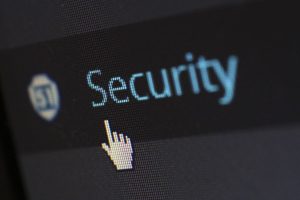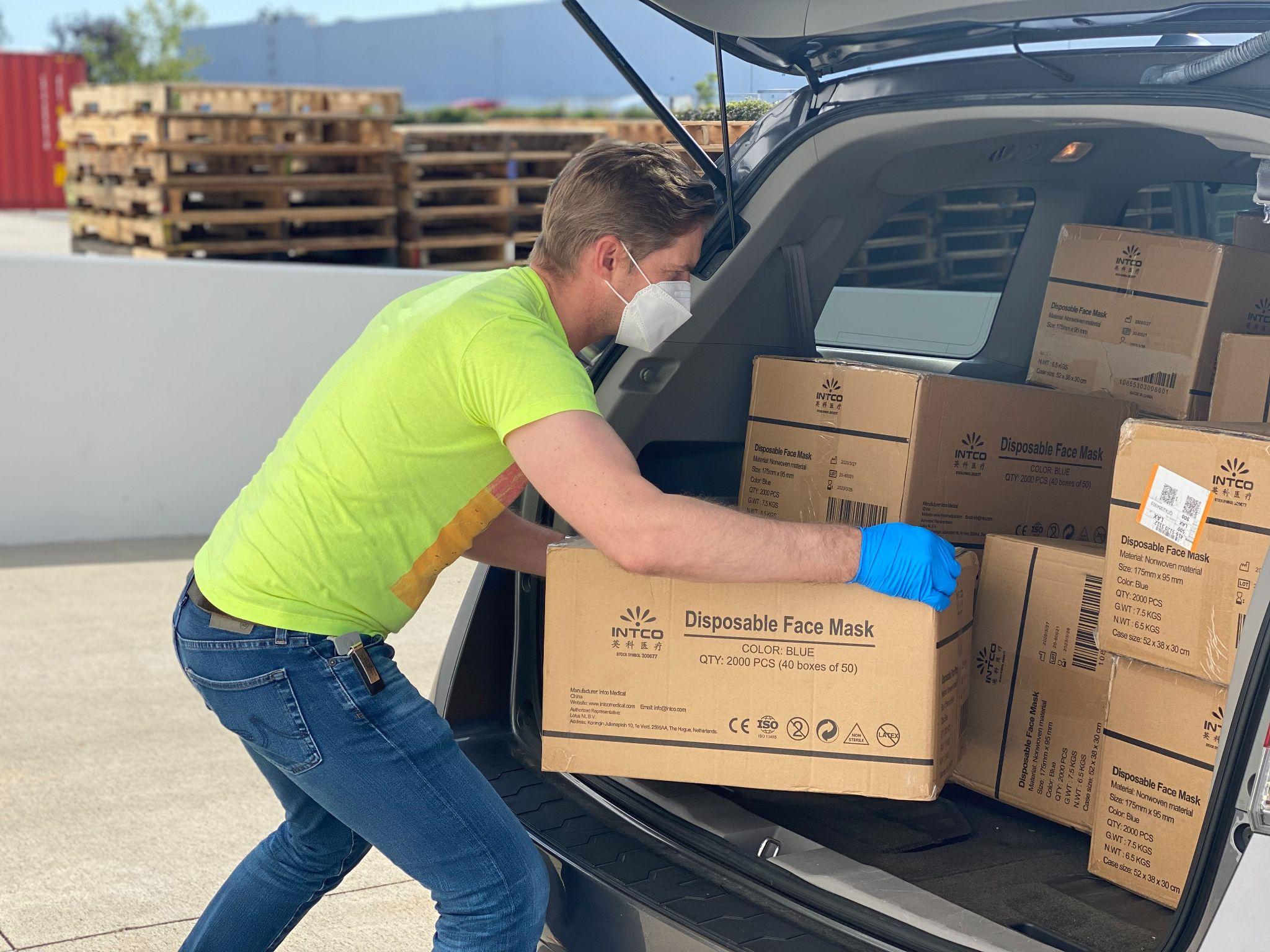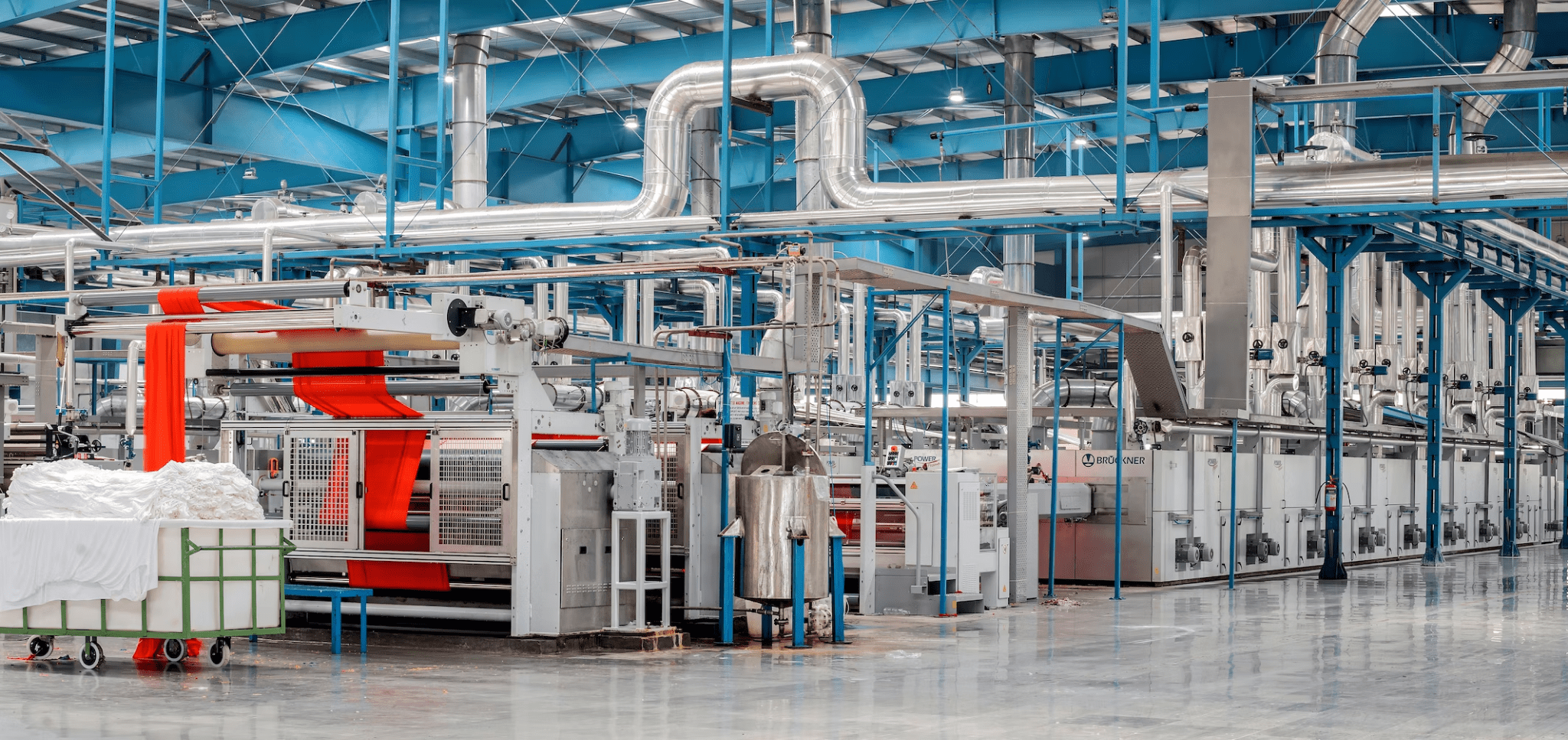Is There A Grace Period For Car Insurance When Buying A Used Car?

When it comes to new cars that you buy from dealerships, you cannot skip the mandatory auto insurance policies in this case. You’ll have to show the dealership proof of insurance (that you own liability insurance, personal injury protection, etc) to get the keys to the car.
But what about used cars? Cars that you buy from private sellers who are not at all enthusiastic about checking your auto insurance policies? Do you need auto insurance policies in that case? Is there a grace period for car insurance when buying a used car? We’ll describe in detail everything you need to know about it, along with ways you can save money on auto insurance policies.
Car Insurance for Used Cars
While new cars when bought directly from dealerships require you to have all the necessary auto insurance policies before they let you take the car. Driving any vehicle without the proper insurance is illegal and will get you both legal and financial issues.
The same goes for used cars. No matter how you buy the car, either from the dealership or from a private seller, you’ll need to have all the mandatory auto insurance policies to drive the car. The only difference when buying a used car is that you do not need any proof of insurance.
Is there a Grace Period for a Used Car’s Auto Insurance?
There are two cases to consider when someone buys a used car. The first is when the used car is the first and only car the person owns. The second case is when the person already has a car and buys a second, used car. Let’s see what is to be done in both cases.
If the used car is going to be the first car, then make sure you buy all the important car insurance policies before you get the car. While you can get and drive the car without the policies, if you get in a car accident, you might face legal action, as well as pay hundreds of thousands of dollars for the cost of the accident.
There is no difference in the requirement and process of getting car insurance between used cars and new cars. There might be some differences in the cost of the policies, but the other process remains the same.
There is no grace period for insurance for buying your first car, be it a new car or a used one. But that’s not the case for buying a second, used car when you already have an auto insurance policy.
When you already have auto insurance and you buy a used car, you’ll have to add the car to your auto insurance policy. This is where grace periods come in. Depending on the state you live in and your car insurance company, the grace period could be anywhere between 7 days to a month.
No matter how many days your car insurance provider allows you to have before registering the car to the policy, it is never safe to drive a car without liability insurance, collision insurance, and other important auto insurance policies.
So the first thing you should do after getting the keys to your used car is add it to your car insurance policy. You’ll need to submit some information about the car and its usage to the car insurance company. This includes:
- Price of the car
- Vehicle Identification Number
- Make and model of the car
- Safety features such as ABS, ESP, etc
- Mileage of the car
Price Hike
Depending on the car insurance company, the type and model of the used car, and the state you live in, the price hike after adding the used car to your policy can vary. Adding another car to your policy will increase the rates, no matter what.
Looking at the average, you can expect the price hike to be somewhere around $1,000 to $1,500 per annum. This means that you’ll need to pay an extra $100 for the added car. If you want to save money while getting the security of auto insurance policies, there are some ways you can reduce this damage to your wallet.
Firstly, make sure you choose the right car insurance company. Based on the state you live in, find the most affordable and best-rated auto insurance provider. For example, if you live in Nevada, look for the best Nevada car insurance company that has great coverage options.
Another great option that must be considered is pay-per-mile or usage-based auto insurance policies. These car insurance policies are great for secondary cars that are not driven too much. If you intend to use the second car only occasionally, then get a usage-based car insurance policy.
In usage-based car insurance, which includes all the mandatory insurance policies such as liability coverage, personal injury protection plan, etc, your premium rates are calculated based on how many miles you drive your car.
A base rate is first calculated by factoring in your driving record, age, gender, make and model of the car, etc. This base rate is then multiplied by your monthly mileage and you get your premium rates.
As you can guess, usage-based insurance is great only if your monthly mileage is low. If you drive a lot, usage-based insurance can be very expensive, more expensive than general car insurance policies. So first calculate the estimated monthly mileage of your before you buy this policy.
That was all about the grace period given by the car insurance company for adding used cars. Contact your insurer to find out their grace period. Even though you have a grace period, we recommend adding your car to the policy as soon as possible.




